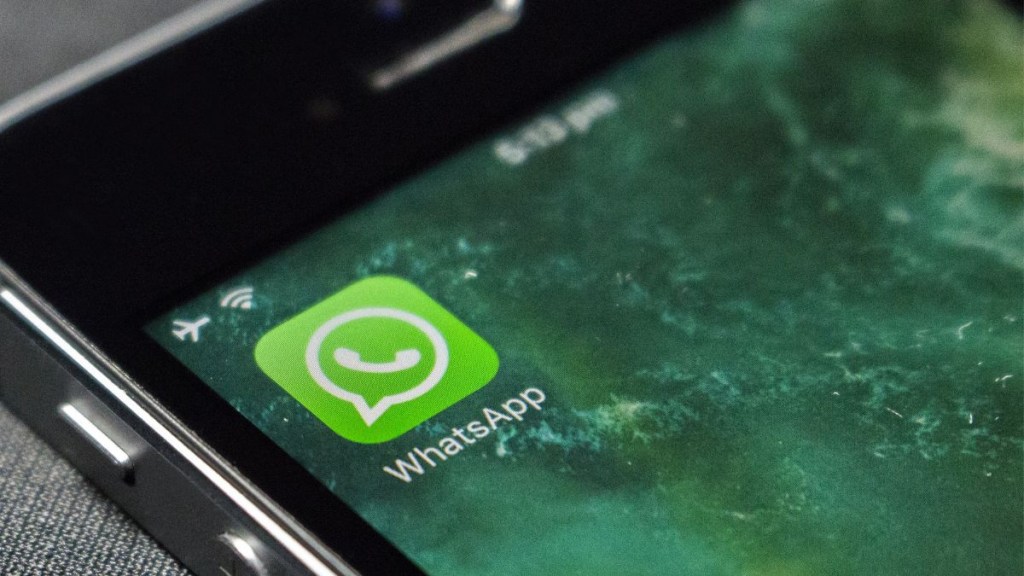Meta-owned messaging platform WhatsApp has told the Delhi High Court that it can’t break its encryption, and if it does that “it will end”, Bar and Bench reported.
WhatsApp and Facebook have challenged the amended IT rules.
Rule 4(2) of the Information Technology (Intermediary Guidelines and Digital Media Ethics Code) Rules, 2021 stipulates that a social media intermediary, primarily offering messaging services, must facilitate the identification of the initial sender of information on its computer system, as mandated by a judicial order issued by a court or competent authority.
The Centre promulgated the Information Technology (Intermediary Guidelines and Digital Media Ethics Code) Rules 2021 in February.
Infringes upon users’ privacy: WhatsApp
Advocate Tejas Karia appeared for WhatsApp and said to the bench of Acting Chief Justice Manmohan and Justice Manmeet Pritam Singh Arora, “As a platform, we are saying, if we are told to break encryption, then WhatsApp goes,” according to a report by Bar and Bench.
While addressing the challenge, Karia said that people use the platform due to the privacy it guarantees and the end-to-end encryption applied to messages exchanged on it.
India is the largest market for the meta-owned platform as it has more than 400 million users in India. Meta, the parent company of WhatsApp and Facebook, as it challenges the IT Rules 2021, argued that the amended law weakens encryption and violates user privacy protections under the Indian Constitution.
He said that this requirement infringes upon users’ privacy and was implemented without prior consultation. Karia pointed out that this rule would compel WhatsApp to store millions of messages for extended periods, a mandate unparalleled elsewhere in the world.
“We will have to keep a complete chain and we don’t know which messages will be asked to be decrypted. It means millions and millions of messages will have to be stored for a number of years,” he said, as quoted Bar and Bench.
He underscored that the parent Information Technology Act does not authorize the decryption of messages. When asked by the bench if such legislation exists elsewhere globally, Karia responded, “No, not even in Brazil.”
Government’s take
The Centre’s counsel, Kirtiman Singh, argued that people are aware of the potential consequences of social media use, and the rule aims to trace message originators. He stressed the necessity of a mechanism to trace messages and noted that WhatsApp has faced scrutiny before the US Congress.
The case will be next heard on August 14.

